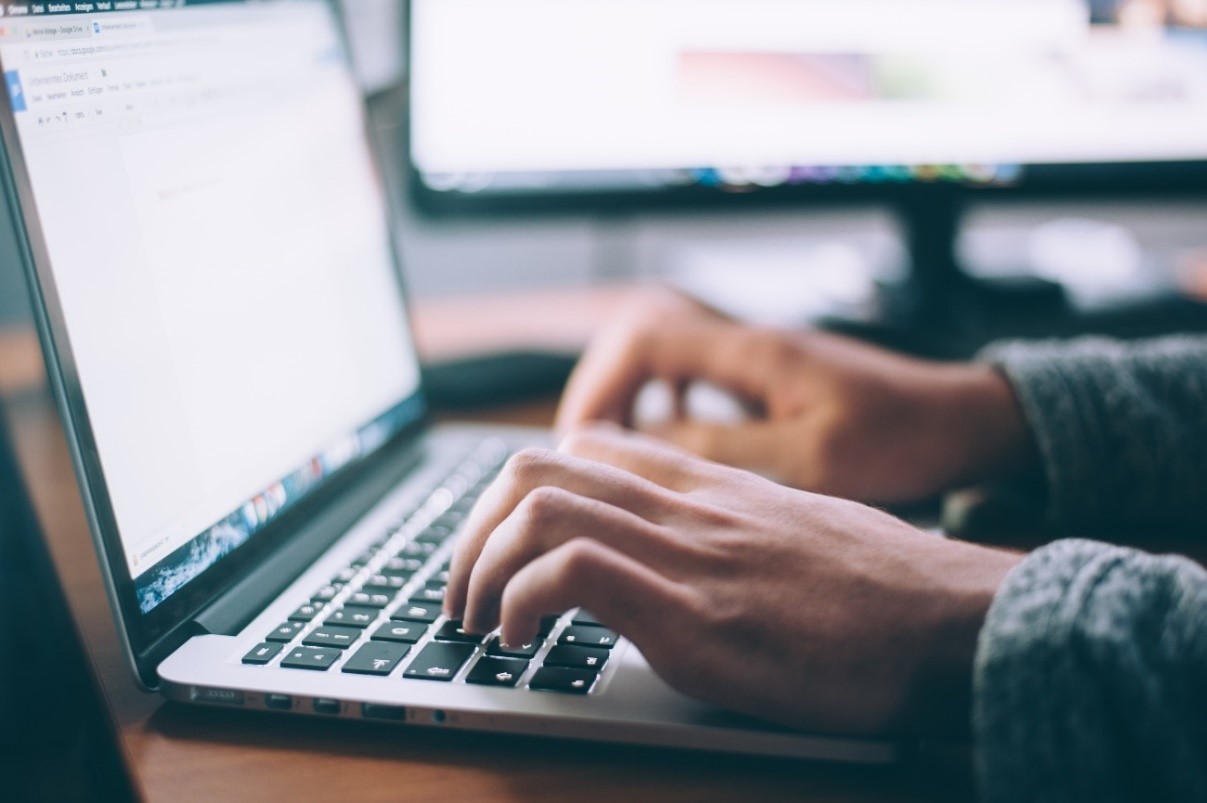UNIR participates in a research that shows the viability of the engineering labs in distance and online education
The authors describe their satisfactory experience of introducing digital signal processing (DSP) concepts via software defined radio project using very inexpensives hardware and software components. Through a series of weekly lab exercises, the students learned and applied DSP concepts to design a completely digital FM receiver.
Software packages of simulation became very popular to illustrate many of the concepts that were taught during the DSP courses, especially in the field of digital audio processing with the direct consequence of a better balance between theory and practice. However, simulation activities using this kind of software solutions are still not inspiring for many students, and other options as web applications that remotely access the same components that are shared among several student entail extra difficulties for an introductory course.
As an alternative to this problem, Daniel Burgos and Alberto Corbí, from Research Institute for Innovation & Technology in Education at Universidad Internacional de La Rioja (UNIR iTED) and Alberto Albiol, from Universitat Politècnica de València, have applied a new methodology that allows students to experiment with many different DSP projects using real hardware from their own homes. The authors have used an extremely inexpensive DVB-T USB capture dongle that can be easily found in many web sites and allows. This device works with an USB conection that redirects the signal to the computer and can be turned into a wide-band sampling module with hundreds of possible educational applications.

As Alberto Corbí sais, «this projects works as the beggining to start betting as distance educational institutions for remote labs about engineering, DSP and other signal processing topics. This kind of experiences could be used in Masiv Open Online Courses (MOOCs).
As Daniel Burgos explains, «remote labs are a key element so the students can learn by trying with no limitation. It also works for the teachers to desing complex scenarios with no budget by using creativity, This labs strength the reinforcement of learning in a meaning way».
The results can be autocorrect by using specific tools in the online campus, which also helps the teachers to work in better conditions and get better results.
Madrid, December 5th, 2017. Eva Ferreras
Reference: Alberto Albiol, Alberto Corbi and Daniel Burgos. Design of a Remote Signal Processing Student Lab, en IEEE Access, volume 5. Doi: 10.1109/ACCESS.2017.2736165
